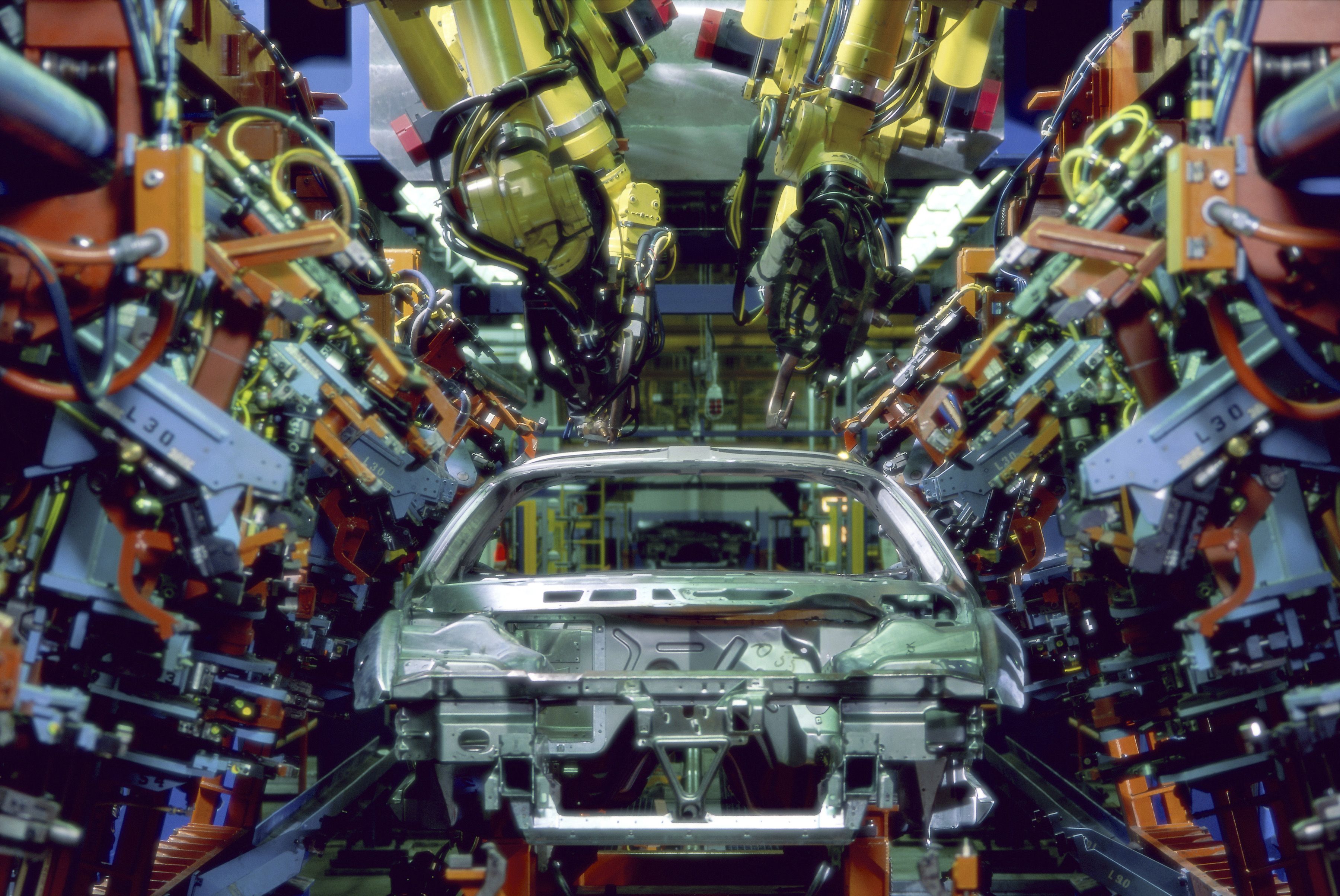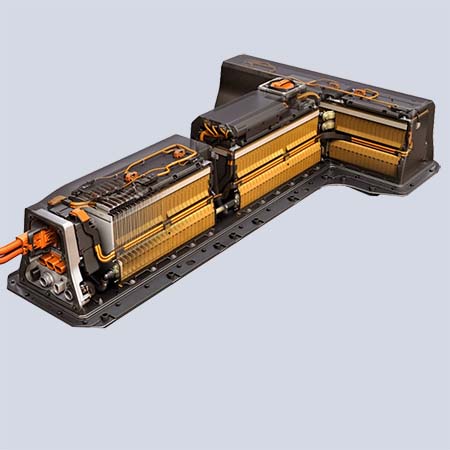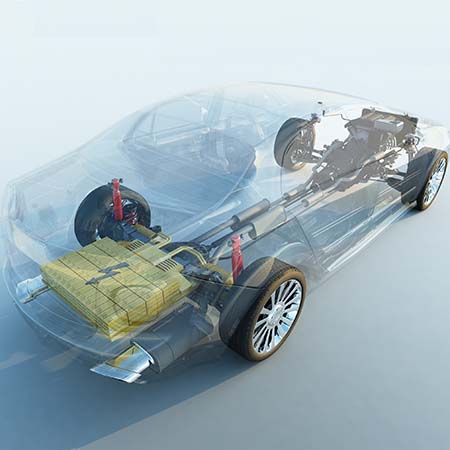
Services for the Automotive Industry
For over 40 years EAG has supported the Automotive Industry
For over 40 years, EAG Laboratories has offered a comprehensive suite of automotive testing services for the characterization and testing of automotive products. Innovation in the automotive industry has swiftly moved from a decreased reliance on gas power to fully autonomous cars and trucks. EAG has a extensive history working with manufacturers, as well as industry suppliers, for virtually every component of the car.
Manufacturers have long been focused on better fuel efficiency, increased safety, and improved performance while delivering endless integrated features. Our experience gives leaders in the automotive industry assurance that the analytical tests and reports provided by our scientists will exceed the stringent standards expected with today’s technology. Our labs across the globe give us the ability to serve customers in all regions with expertise covering all phases of the design and production process. For both the components of cars that drivers can visually see, along with the parts that keep the cars on the road, WE KNOW HOW.
Download the Automotive Brochure Today!
Reliability is demanded and has increased with the numerous features in the modern automobile. Market pressures have forced rapid innovation in terms of quality, efficiency, and comfort. EAG’s broad scope of automotive industry knowledge, testing expertise, and problem solving will help keep your cars on the road for the long term. We understand the need for first-to-market breakthrough technologies and can collaborate to provide results-driven solutions to the most complex of analytical investigations. Our experienced experts will work with your team to troubleshoot and investigate the right material for your application or optimize a manufacturing process.
EAG offers a comprehensive suite of services for the automotive industry, meeting the industry’s exacting standards for tight controls of material properties, composition and chemistry. EAG is accredited and certified for typical automotive testing standards, and here are just a few ways we can help:
Inspection of automobile raw materials during key phases of manufacturing is critical to identify impurities in materials and final products that can cause failures.
Advanced microscopy techniques are essential to analysis of micro-structure, particle size, particle coatings and defects in thin/thick film or bulk materials.
Investigations include IC deprocessing, thermal, physical, and chemical property characterization to help troubleshoot field failures.


EAG solves contamination issues originating from incoming raw materials, supply chain problems or manufacturing processes, such as oils and lubricants in plastics.
EAG offers numerous techniques to test materials using full elemental survey analysis from a new supplier to ensure they meet OEM requirements.
EAG scientists are experts at solving surface chemistry issues with adhesion, bonding, cleanliness, morphology and topography of a material.
We offer engineering expertise to design, develop, test, analyze, and debug using ATE, burn-in, ESD & latch-up testing, system level testing, reliability, warpage analysis, and IC-level failure analysis.
Metallurgical analysis involves investigating fractures, fatigue, corrosion, contamination, wear, heat, stress-related failures, and abrasion concerns.
We provide physical and chemical analyses analyses for polymers and composites for automotive plastic-related issues, such as material incompatibilities.

Contact us today for your automotive testing needs. Please complete the form below to have an EAG expert contact you.

For over 40 years EAG has supported the Automotive Industry

EAG Laboratories has the engineering expertise and advanced equipment and tools for microelectronic failure analysis of products and systems.

High Powered Electronics are used in a wide suite of applications, from consumer electronics and electric vehicles to railways and power plants and even artificial intelligence.

Failure Analysis and product improvement of metal components is a specialty at EAG Laboratories
To enable certain features and improve your experience with us, this site stores cookies on your computer. Please click Continue to provide your authorization and permanently remove this message.
To find out more, please see our privacy policy.